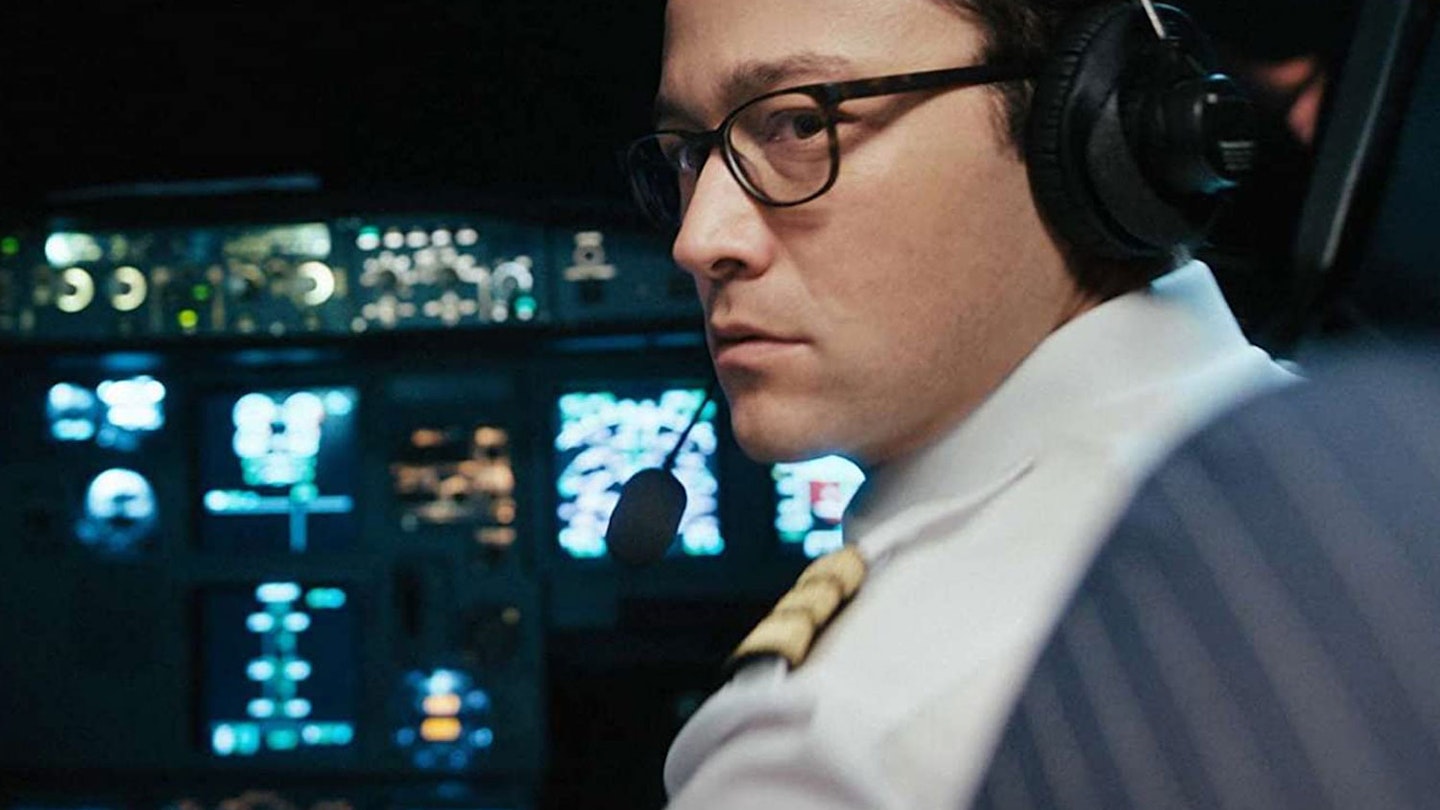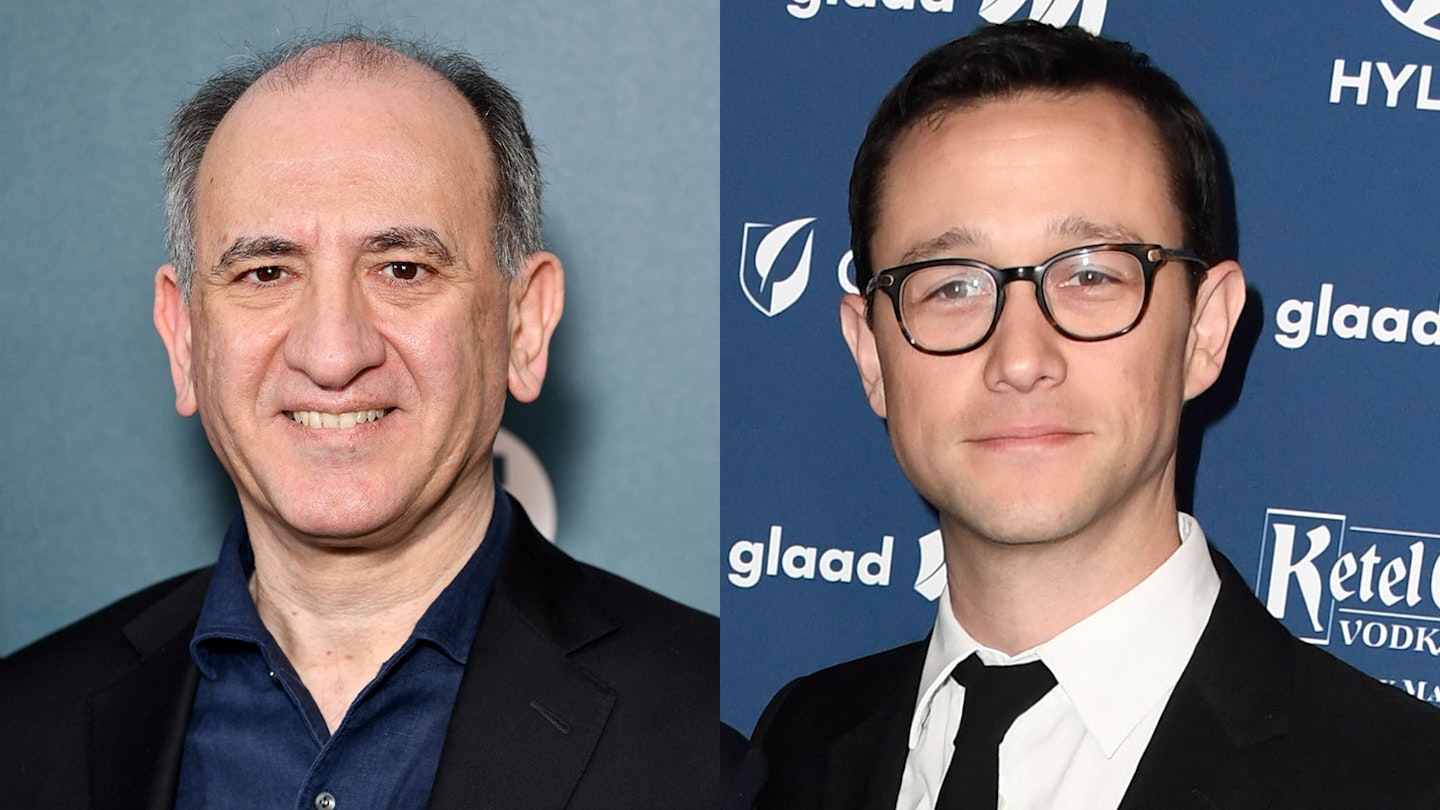If ever there were a film for these lockdown days, it is 7500. Contained almost entirely within the confines of the cockpit of a German Airbus airliner on its way to Paris from Berlin, Patrick Vollrath’s debut feature — his tense short Everything Will Be Okay was nominated for an Academy Award in 2016 — is a tight, sweaty, claustrophobic affair that takes the notion of a co-pilot trying to deal with terrorists wresting control of the plane and plays it lean and mean — no cutting away to concerned air traffic control, rescue operations or worried families. Anchored by a dialled-down, naturalistic performance by Joseph Gordon-Levitt, 7500, in many ways, is the anti United 93 — whereas Paul Greengrass mines complexities from its broad overview of a hostage situation, Vollrath keeps the focus small and tight. It falters slightly in its third act, but for the most part ratchets up the tension and excitement with skill and credibility.

Following eerie silent images of the attackers idling at the airport as seen through CCTV, going through security, buying booze at Duty Free (the glass will come in handy) and waiting separately at the gate, DP Sebastian Thaler’s camera enters the cockpit and doesn’t leave. There’s low-key pilot-y business — discussion of the weight of the plane, bemoaning late passengers — as we meet the German captain Michael (Carlo Kitzlinger, a real-life pilot-turned-actor) and First Officer Tobias Ellis (Gordon-Levitt), an American involved with half German-half Turkish flight attendant Gökce (Aylin Tezel), who is also on the flight (they keep their relationship on the lowdown). For 20 minutes or so, it is convincing if unremarkable stuff, until the terrorists attempt to rush the cockpit as the pilots have food delivered (the title, while it might sound like it relates to an impossibly high altitude, actually refers to pilot code for terrorist takeover).
Vollrath makes effective use of the single-angled video camera stationed above the cockpit door.
What makes 7500 compelling is the thrill of What Happens Next. Vollrath makes effective use of the single-angled video camera stationed above the cockpit door that gives the pilots (and us) a narrow view of what is going on outside. Equally nerve-shredding is the repetitive banging on the cockpit door that, in lieu of no music in the entire film, provides a weird rhythmic back beat. As the battle of wills continues, major deaths, hostage revolts (heard but not seen) and lack of fuel concerns all play a part, as the filmmaker expertly mines the limited means for all they are worth. The sparse but naturalistic lighting enhances the drama, turning the cockpit into a crucible of claustrophobia.
Yet, in the final third, as the film develops into a two-hander, Vollrath slightly falters, as the intensity slackens and the flight veers into more melodramatic air space. More interested in plot machinations and piling on the pressure, the film’s screenplay doesn’t work hard to round out its terrorists — unhinged Daniel (Paul Wollin), muscular Kenan (Murathan Muslu) and sensitive teenager Vedat (Omid Memar) — giving them the simplest of motivations but little in the way of depth and nuance. The film opens with Gandhi’s maxim, “An eye for an eye leaves the whole world blind,” and, in its portrayal of terrorists’ motivations and mindsets, 7500 doesn’t have much more to say than that.
Still, alongside Vollrath’s technical ingenuity (expect him to be hired for a Liam Neeson thriller some time soon), the film’s other great asset is Gordon-Levitt. Striking a neat balance between professional stoicism and human vulnerability, he manages to underplay both characteristics while still delivering on movie-star charisma. He keeps the movie grounded in reality, whatever the turbulence.

